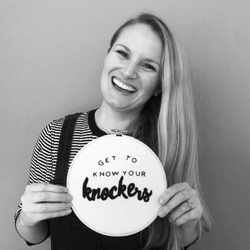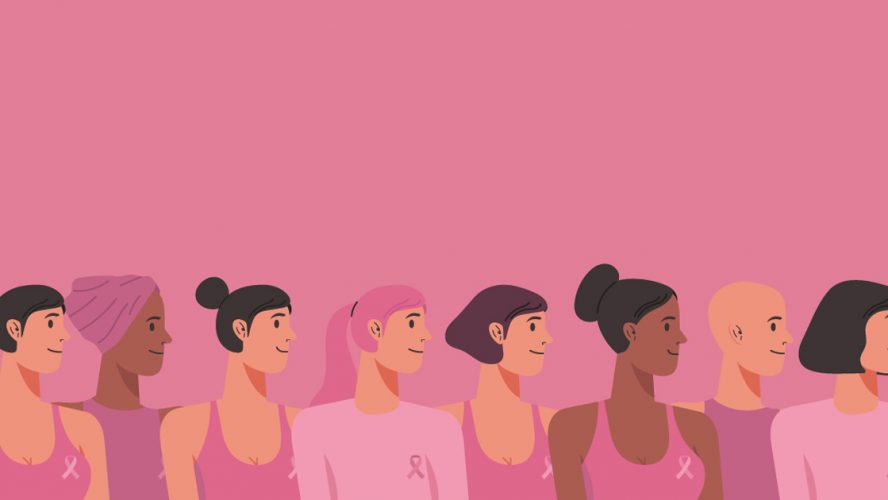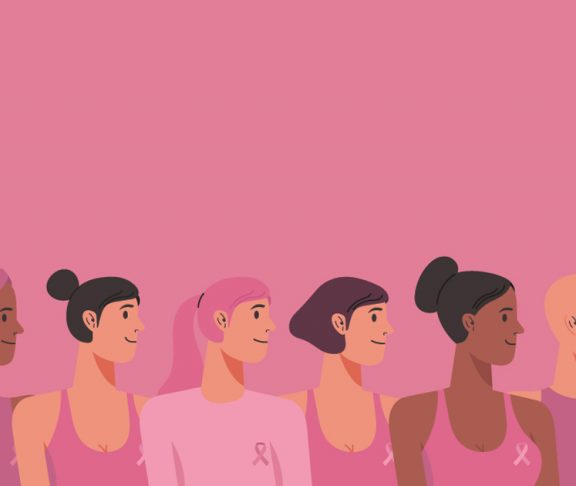
Clare O’Neill
Healthcare Engagement Coordinator, CoppaFeel!
Breast cancer remains the most common cancer in women in the UK. Despite COVID-19, people should be presenting themselves to their GP to get symptoms checked.
2020 has us all thinking about our health, and, at CoppaFeel!, we know that cancer doesn’t stop for COVID-19. In fact, breast cancer remains the most common cancer in women in the UK.
Early diagnosis saves lives – having been diagnosed myself at 33, I know that all too well. I noticed symptoms, got diagnosed early and am now in remission, so I know the importance of breast awareness.
During this pandemic, our message is more crucial than ever. We’re concerned that people haven’t been presenting to their GPs to get symptoms checked, and this is something the NHS and cancer charities are trying to rectify.
We all have breast tissue, young, old, guys, gals and non-binary pals – so we should ALL get to know our chests by checking regularly.
Our work to support people with breast cancer
Our charity is dedicated to ensuring that young people are informed and proactive about breast health. Young people are not routinely screened and are often overlooked when it comes to breast cancer information. It’s our mission to ensure they’re educated on the signs and symptoms, encouraged to self-check regularly and empowered to seek medical advice without delay if they spot something unusual for them.
Our advice if you notice changes to your breasts
We know these last few months have left people unsure and confused, so we’re here to tell you that your GP still wants to hear from you if you have any concerns about changes to your chest. There might be fewer physical appointments, but the use of virtual appointments may mean it’s more convenient to speak to your doctor. Here are our tips for your GP appointment:
- If you would rather a male/female GP, you can request that when you book.
- Ask a family member/friend to be with you for support.
- Write down any questions beforehand.
- Jot down when you first spotted the symptom(s), to tell the doctor.
- If you have periods, make a note of when your last one was, as the GP might ask.
- Recall any family history of breast cancer, as the GP might ask you about that too.
We all have breast tissue, young, old, guys, gals and non-binary pals – so we should ALL get to know our chests by checking regularly. You know your body better than anyone, so, if you are worried about an unusual change, trust your instinct and book an appointment. It might feel embarrassing or unnecessary, but believe me: It could save your life.
You can find out more information about how to check at coppafeel.org


